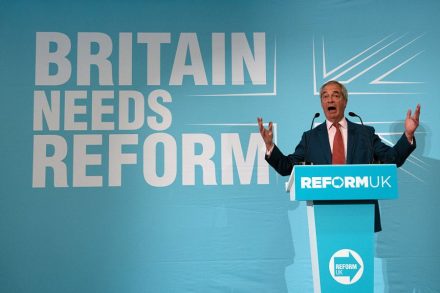It won’t be long before pensioners are out-earning workers
Oh, the horrid injustice of it all! By the skin of their teeth, pensioners on the state pension and with no other income, are going to avoid paying income tax next year. With September’s inflation figures now in, it can be confirmed that, thanks to the Triple Lock, the state pension will be rising to £12,547 next April, bringing it perilously close to the personal tax allowance of £12,570. You can write down in your diary now the day next year when the state pension certainly will tip over into taxable territory. There will be howls of outrage from opposition parties and pressure groups representing pensioners during this week. Prepare






















